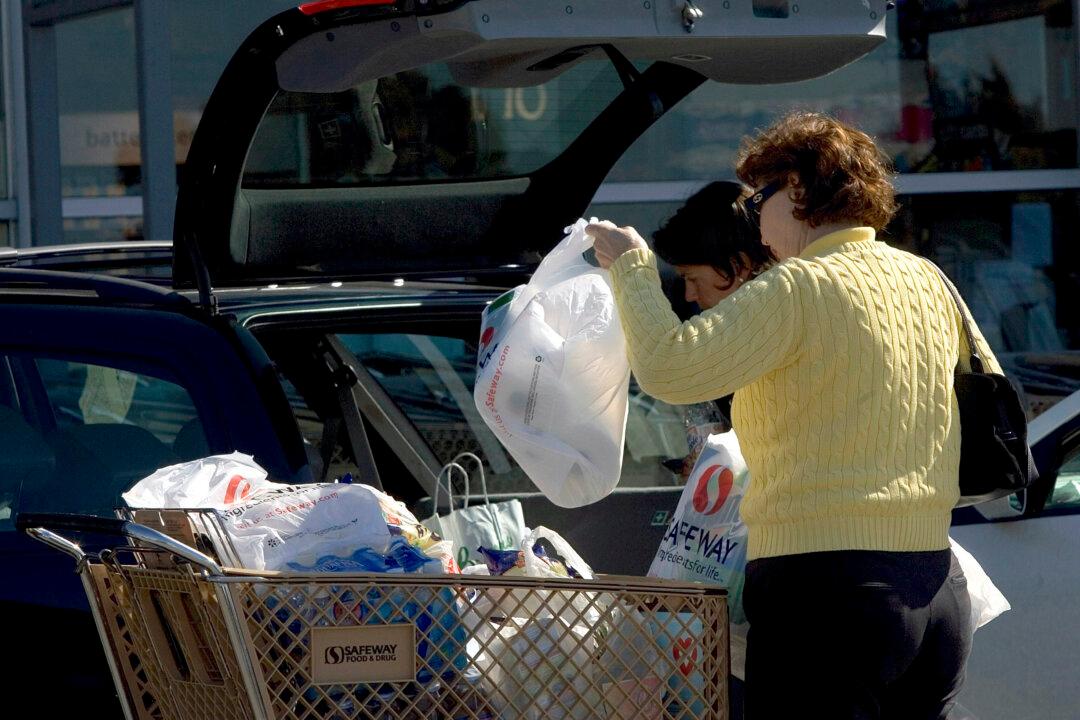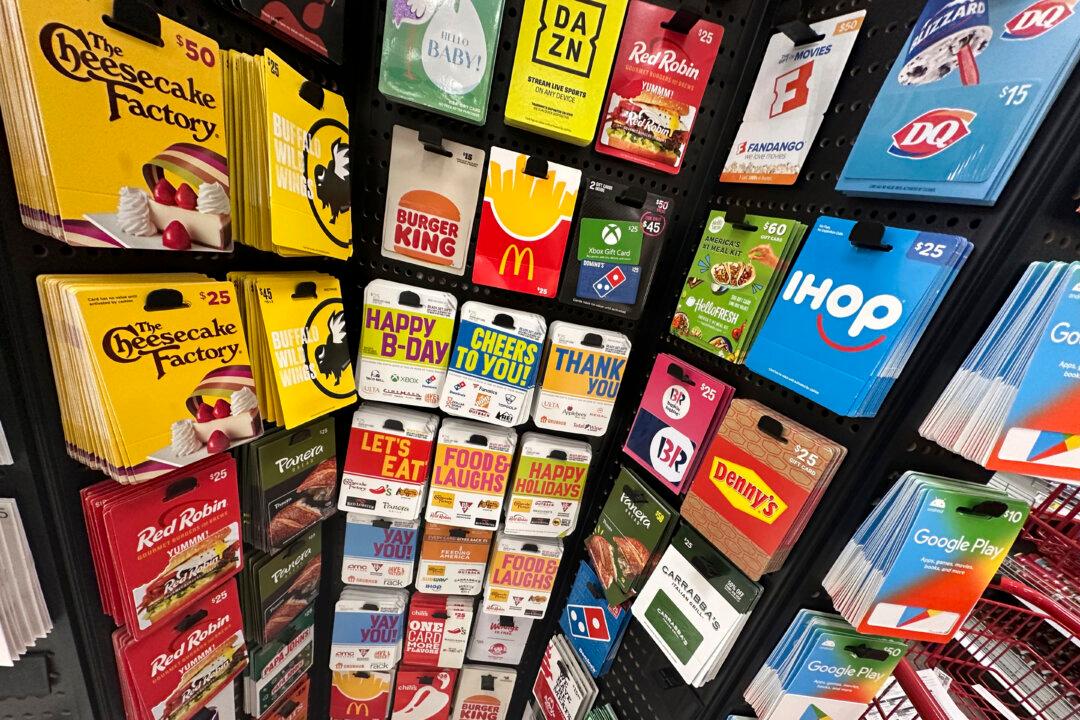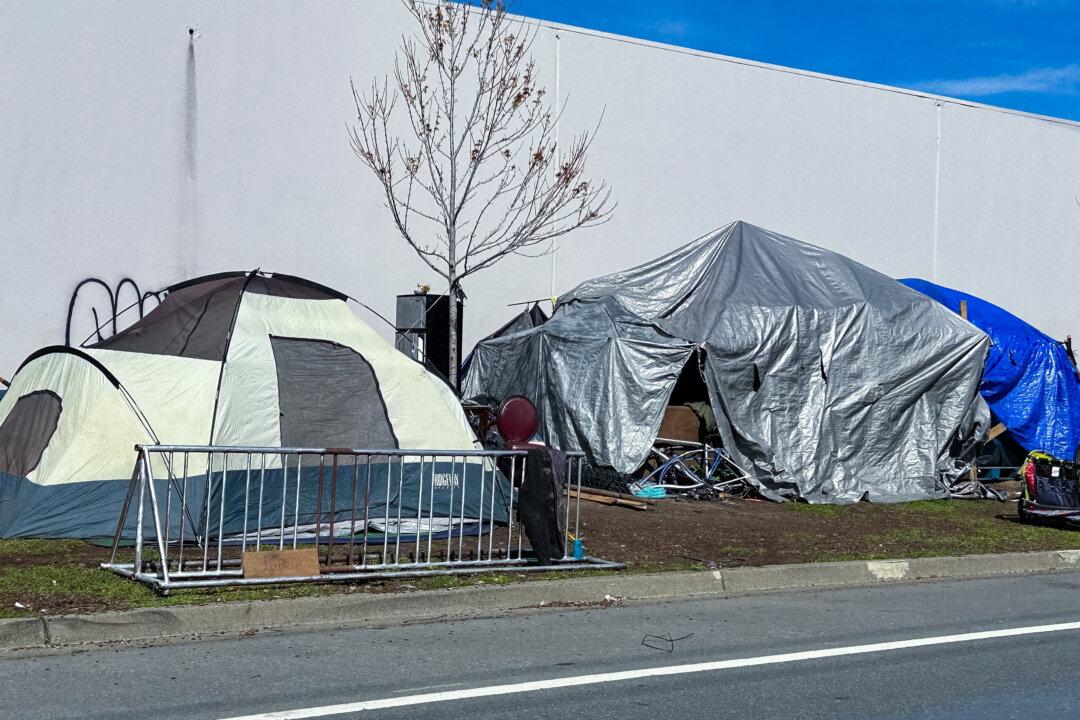A proposed law promoted by two San Francisco supervisors would allow residents to sue grocery stores that shut down without giving six months’ notice to the city and helping to find a replacement.
The Grocery Protection Act, introduced April 2 by Board Supervisors Dean Preston and Aaron Peskin, comes amid a rash of retail theft critics say is fueled by the city’s drug and homelessness crisis, as well as a state law that reclassified theft of merchandise worth $950 or less as a misdemeanor.





